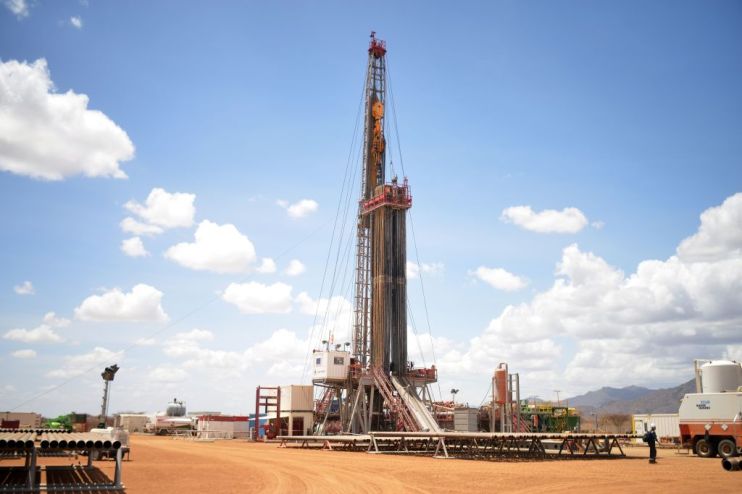Tullow Oil to cut third of workforce as firm seeks to reduce costs

Tullow Oil is set to cut a third of its workforce in order to save about $20m (£15.4m) on administrative costs as the firm fights back from November’s share price collapse.
The Irish explorer, which focuses its operations on Africa, has begun a process of cost-cutting which could see its staff drop from 950 members to 650, a source close to the organisation confirmed to City A.M.
It added that its offices in Dublin and Cape Town would be the initial focus of its consultation, as it is “tough to justify” the firm having two large offices outside its areas of exploration.
The cuts will also see senior management roles shrink by 35 per cent. Further announcements regarding the firm’s future shape and investment plans will be made when Tullow reports its results in March.
Shares in the firm rose six per cent on the back of the news.
A spokesman for the FTSE 250 firm said: “Further to media speculation, Tullow confirms that it has begun a re-structuring of its global business and will enter into a consultation process with affected staff.
Sign up to City A.M.’s Midday Update newsletter, delivered to your inbox every lunchtime
“The re-structuring follows Tullow’s announcement in December that its oil production and associated revenues in 2020 and beyond would be lower than forecast.
“Tullow estimates that the measures will deliver considerable savings and the Group’s workforce may reduce by approximately a third globally with potential office closures in Dublin and Cape Town among a number of measures to reduce costs and overheads.”
Tullow is still searching for a new chief executive after its share price plunged 70 per cent in December following the resignation of Pat McDade on the back of the business’ poor performance.
His resignation, alongside that of exploration director Angus McCoss, wiped £1.2bn off the firm’s market value.
Last month the firm booked a $1.5bn writedown on its outlook after lowering its long-term oil price outlook.
The energy firm slashed its prediction for oil prices by $10 to $65 a barrel, with underwhelming well exploration and a reduction in Ghanian reserves also contributing to the writedown.